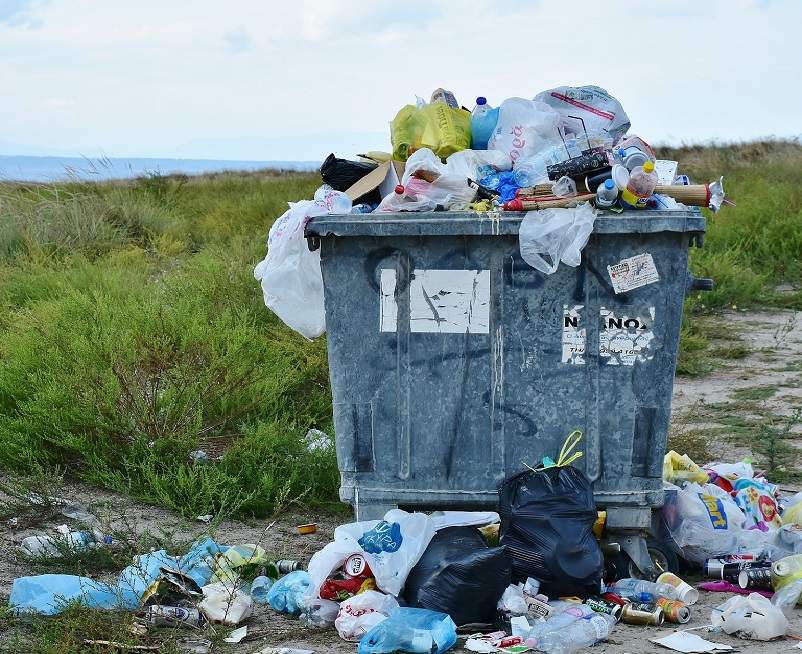
Environmental campaigners have applauded the UK Government’s plan to ban plastic straws, cotton buds and drinks stirrers and are now urging Downing Street to take action against all ‘problem plastic’.
Prime Minister Theresa May proposed the plan to the Commonwealth Heads of Government Meeting this week in a bid to tackle the issue of plastic waste.
The government recently set aside £61.4m to be spent in research and development of solutions to plastic pollution at a national and international level.
Environment Secretary Michael Gove revealed the possibility of a ban on plastic straws earlier this year, but according to the campaigners more could be done on the matter.
They have particularly emphasised the importance of radically re-thinking the country’s approach to plastic packaging.
WWF spokesperson Nicole Itano told The Independent: “If you look at what the UK has done as a package of measures, we are very much at the forefront and showing global leadership.
“But I think the next stage—and this is slightly unchartered territory—is how do we then start to tackle the harder things like packaging. We would like to see the UK go even further, and we think ultimately we should be moving towards a ban on all single-use plastic by 2025.”
Such a ban would not see plastic disappear entirely from the UK but would make it part of a circular economy through recycling.
Other environmental campaign groups have voiced their support for the plan.
Greenpeace UK senior oceans campaigner Louise Edge told the Independent: “What we are calling for is basically a dramatic reduction in the overall use of single-use plastic, and within that there are some relatively low hanging fruit items like stirrers and straws. We would be looking at extending that list of unnecessary items.”
A Plastic Planet cautiously welcomed May’s intentions, saying: “The Prime Minister’s plastic-free vision should be applauded. Plastic cotton buds, straws and drink stirrers are a scourge on our environment and our health. But this is just the tip of the iceberg.
“The Prime Minister’s leadership on plastic is laudable. But we can’t afford to wait years for incremental action against it. I’m calling on Theresa May to help Britons turn off the plastic tap before it’s too late.”
The problem of plastic waste was highlighted this year by Sir David Attenborough during the BBC’s documentary series Blue Planet II, which triggered a strong public reaction.
Despite widespread concern among Britons about the effects of plastic pollution on the oceans and the environment, many consumers are still confused about how and what to recycle.
According to a recent survey by cleaning products brand Ecover, a third of the people say they do not always know if products can be recycled and therefore dispose of them in general waste.
Seven in ten are also confused about which types of plastics can be recycled, with 45% of the surveyed public wanting to more education on the matter and 56% asking for more explicatory labelling on packaging.
The poll found UK citizens would be prepared to spend £4 a week more—a total £208 a year—on shopping if the packaging could be recycled.
Ecover global innovation lead Tom Domen said: “As manufacturers, we believe we need to totally re-think plastic – how we make it, use it, re-use it and recycle it.”
“We want to eradicate single-use plastic. And then we want to envision a world that is plastic-free.”



